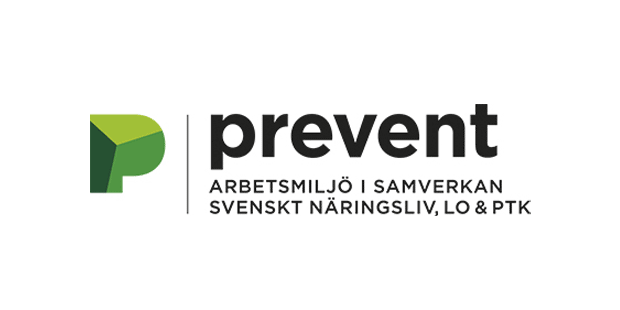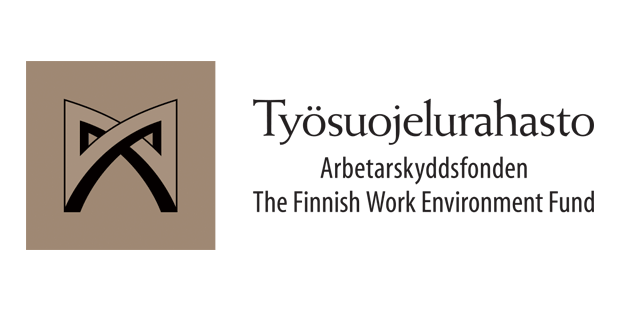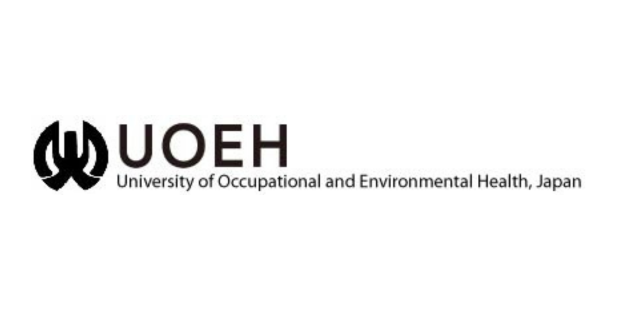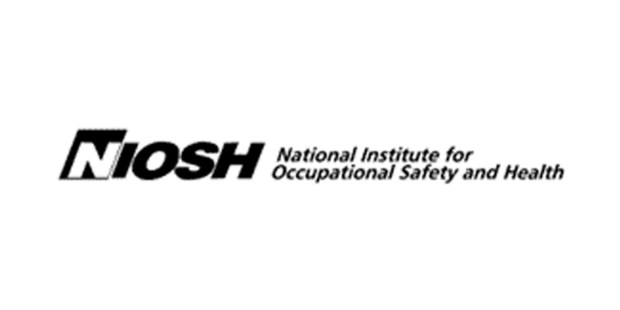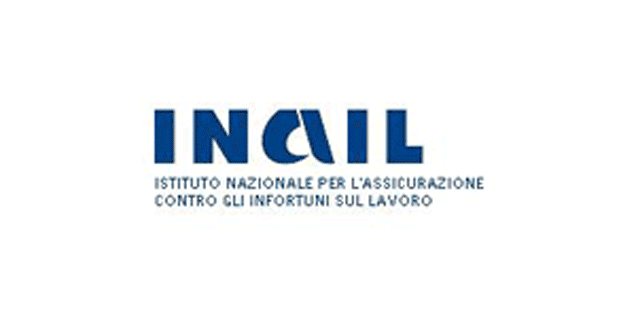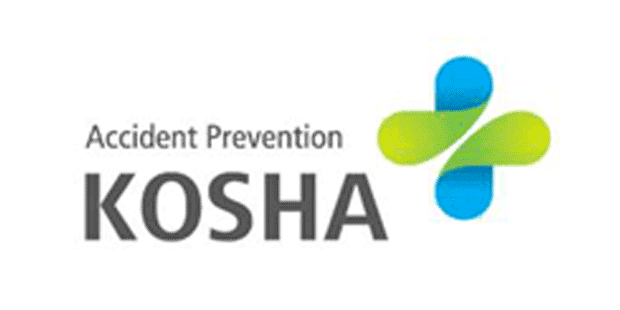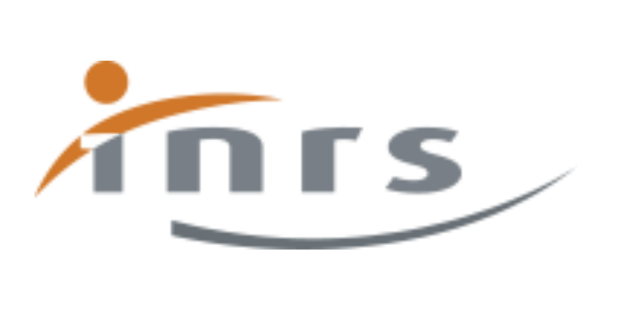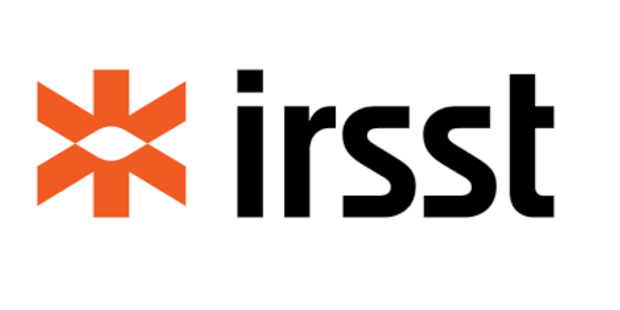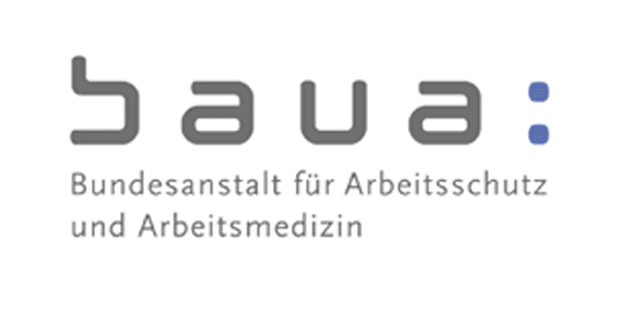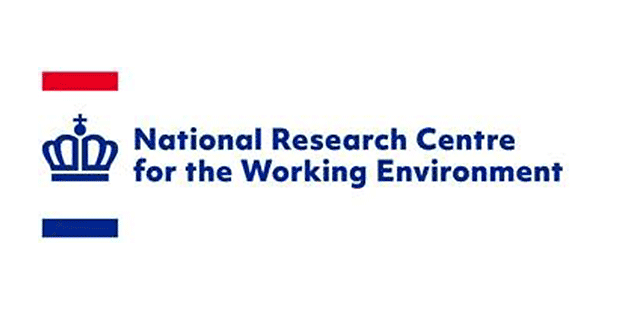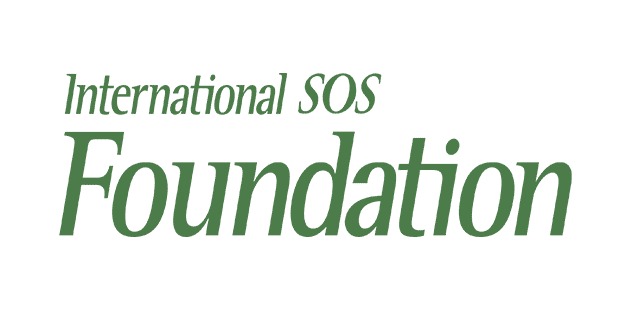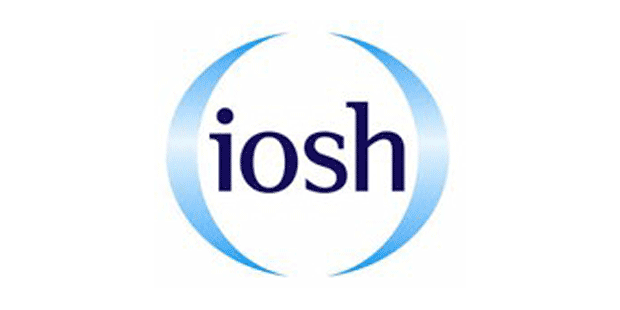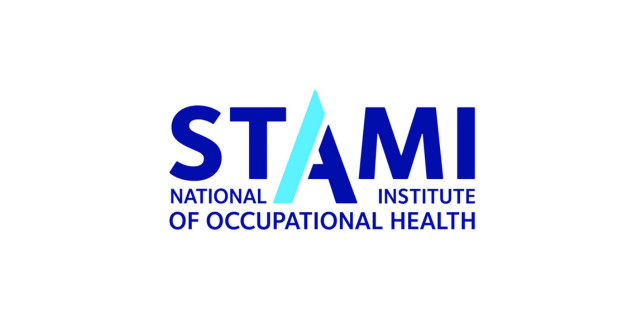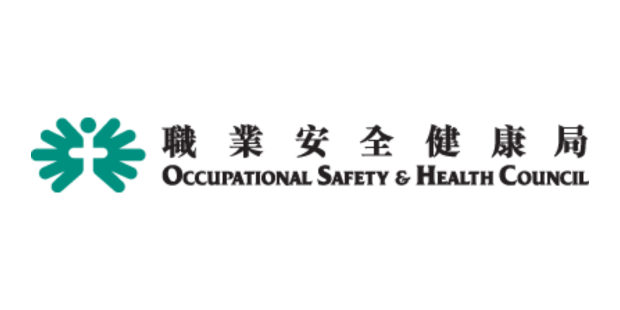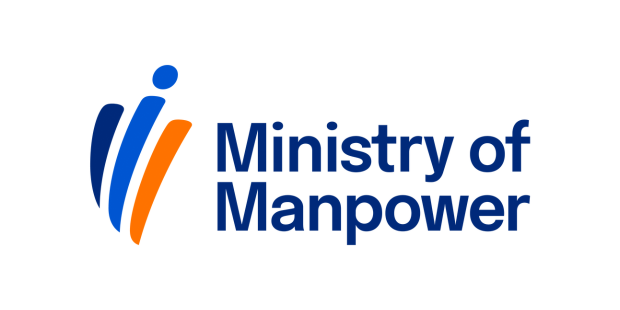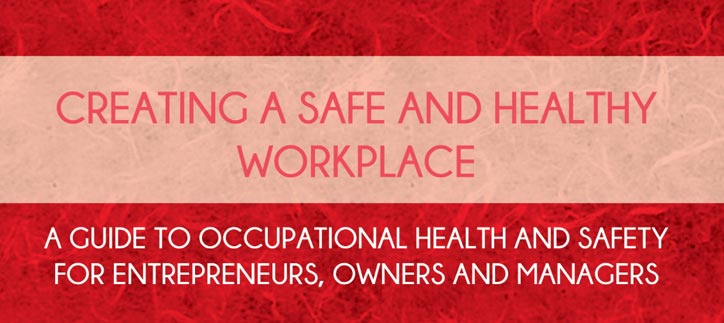Message from the President (March, 2004)
Dear ICOH Members,
As the year 2004 is drawing to the end of its first quarter, it has already shown its dramatic course: on 11 March 2004, close to 200 people were killed and more than 1500 were injured in a terrorist attack against innocent civilians on their way to work, school or university to carry out their daily tasks and duties.
We express our commiseration for the loss and deep sorrow of the families, fellow workers and friends of the victims. We also strongly protest against such an atrocious action that is totally against the ICOH mission of striving towards better conditions of work, health and safety and well-being of working people. We need to make every effort to make this world safer, more just, equal and peaceful, and to root out the causes and causes-of-causes of such aggression.
The second year of the ICOH triennium is well under way, and we are preparing for the Mid-term Meeting of the Board, Task groups, Working Groups and the meeting between the Board and the Chairs of the Scientific Committees which will be held in connection with the OHS2005 Conference in Helsinki during the 4th week of January 2005. The agenda of the Meeting will be heavily loaded with the mid-term reports of the above committees and groups, monitoring of the triennial strategy objectives, analysis of the mid-term economy, tentative agenda of the General Assembly 2006, and numerous other topical issues.
In the average the activity level of ICOH is high. Many Scientific Committees have already launched much activities, while others have been silent. Now is the last minute to initiate actions in order to have something to report next January.
The Iguassu General Assembly discussed membership issues, as ICOH membership has been declining for several years. There are many reasons for such an unwanted development. First, as the average age of the members is relatively high, natural turnover tends to increase. On the other hand, the on-going global trends in occupational health are less favourable due to downsizing, outsourcing and fragmentation of many services. There are also some disturbances outside the ICOH; these may discourage new members to join any kind of international activity within the occupational health community.
In the strategy objectives for the ICOH triennium, increasing the membership and recruiting more young members was set as an objective. The ICOH Secretary General has, together with the Senior Vice-President, started new actions for raising the membership. In spite of the unfavourable global trends, the initial results are encouraging: the actions initiated in the Iguassu Congress have brought dozens of new members to ICOH. The reduced fee for the countries with a low GDP/capita is likely to enable members from the developing countries and from countries in transition to come in. We need to continue such efforts, and special actions are further needed to reach more young members.
The ICOH economy has always been tight, as only two sources of revenue are available: the membership fees and the income from the triennial congresses. Only seldom have scientific committees been able to transfer their income from SC congresses to the disposal of ICOH. Careful control of the budget is needed to keep our economy on a sound basis. Unfortunately, the possibilities to provide financial support to the Scientific Committees from the ICOH budget are very limited although not non-existent.
Our economy would be much more secure if all the members would pay their membership fees on time. Although the majority of the members have paid their fee for the current triennium, many members are not in good standing still one year after the first invoice. This is unfair towards those members who have paid on time. May I call all those who have not yet paid their fees, to do so at their first convenience, as the ICOH operational capacity and balancing of the budget is critically dependent on these revenues. Some concern has been expressed regarding the high fee for the triennium. In fact, calculated per annum it is not high, and the benefits in the form of reduced congress fees and discounts on publications make the real net fee even lower. No doubt, splitting the triennium fee into three even portions would lower the threshold to pay, but would also triple the collection costs. The beneficiary would thus be the postal authorities and banks at the cost of the ICOH economy.
ICOH is a highly decentralized organization with its 35 Scientific Committees, numerous Task Groups and Working Groups, Networks and more than 50 National Secretaries. Our activities are guided by the Constitution, Bye-Laws and Code of Ethics. In our everyday activities, we nevertheless often face issues that are not sufficiently guided by these instruments. Therefore, a guideline on Good Association Practice has been found necessary and is under preparation. This booklet will guide the practices of the Association in a way that is conducive to the mission of the Organization. We hope to get that booklet completed by the Mid-Term Meeting.
There are only very few organizations and experts in the world today who are willing to put their effort and knowledge to the development of working conditions. Therefore, the everyday activities of ICOH members are most crucial. May I wish each member the best success in his/her daily activities towards a better world of work.
Jorma Rantanen
President of ICOH


